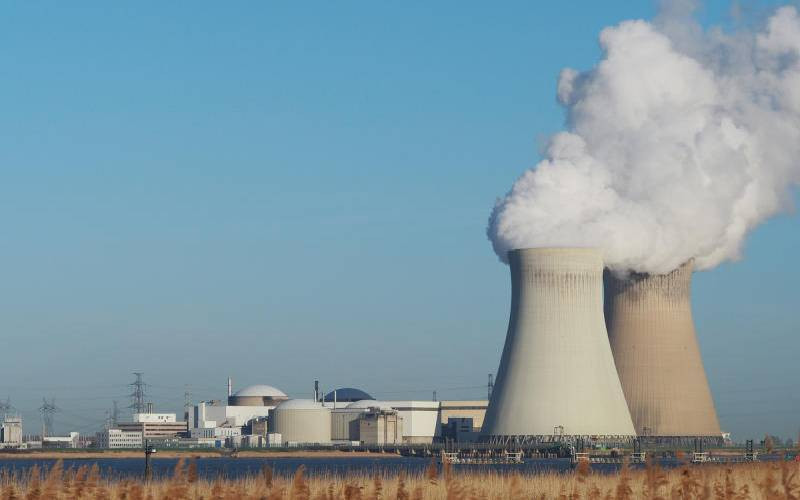×
The Standard e-Paper
Stay Informed, Even Offline

A climate action group has called on an environmental organisation to rethink its opposition to carbon-free nuclear power.
RePlanet Africa questioned Greenpeace's stance against nuclear power, which emits minimal carbon dioxide during operation.